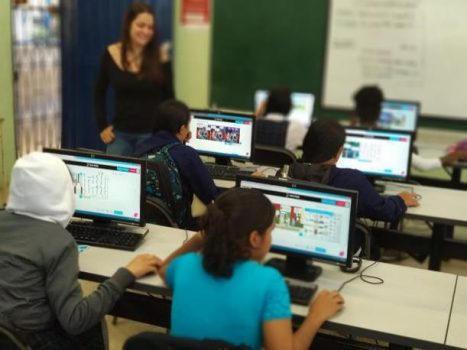Deciphering the code, the UNESCO report published last year that talks about the education of girls and women in STEM areas (science, technology, engineering and mathematics) presents us with these figures:
– Only 17 women have won the Nobel Prize in physics, chemistry or medicine since Marie Curie obtained it in 1903, compared to 572 men.
– Only 28% of all researchers in the world are women.
– Upon reaching higher education, women represent only 35% of students enrolled in studies in STEM-related areas, with the fewest women enrolled in areas related to information, communications and technology, engineering, manufacturing, construction, natural sciences, mathematics, and statistics.
The gender gap associated with participation in these fields remains a challenge despite the fact that there is currently a greater push for women to approach these areas, prepare, enter the labor market, stand out there for their knowledge and skills, and assume leadership roles that have traditionally been elusive.
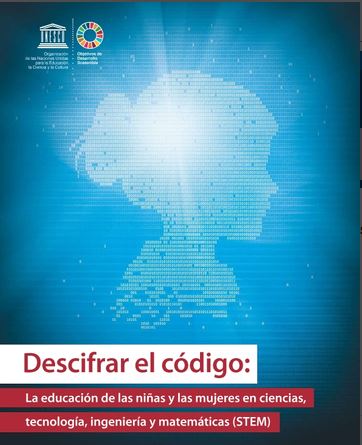
For this to be possible, decisive policies and programs are required that aim to overcome the phenomena of exclusion, vulnerability and lack of opportunities that affect thousands of women in the world.
At MAKAIA we are convinced that a greater participation of women in science and technology is necessary, therefore, we develop programs that contribute locally to reduce the existing gap.

Women in Technology is an example of this. In alliance with institutions such as Ruta N, Marina Orth Foundation, Motorola Solutions Foundation, Rodrigo Arroyave Arango Foundation and Bolívar Davivienda Foundation, we began a training process with women from Medellín and the Metropolitan Area focused on developing leadership skills and female empowerment through of ICT. In this sense, the process aims to ensure that, through the use and appropriation of technology, these women recognize all the opportunities they may have for their personal and professional growth, find a route to improve their quality of life, and change the conditions of vulnerability to that have been exposed.
In the training process, the participating women develop products such as presentations, videos, spreadsheets, text files, among others, that they build using different ICT tools and in which they express their life project, their creative capacity or their initiatives to solve conflicts. Thus, technology becomes the means for them to work on deeper issues such as self-knowledge, empowerment, critical thinking and find a way to manage their dreams, their goals, their strengths and skills.
Since we started in 2018, 167 women have been certified in the program and we have had more than 200 hours in training, bootcamps and complementary events.
One of the activities that we do within the framework of this project is the Café con Expertas, a face-to-face or virtual space in which women leaders in the area of technology share their learning, experiences and stories. The dialogue generated there is an invitation for more women to consider STEM areas within their vocational training projects and to look to technology and science for a path of personal fulfillment. In turn, in these conversations we confirm that although technical training is necessary, one must also work on skills of being, self-knowledge, teamwork and articulation with networks of people who share dreams and aspirations.
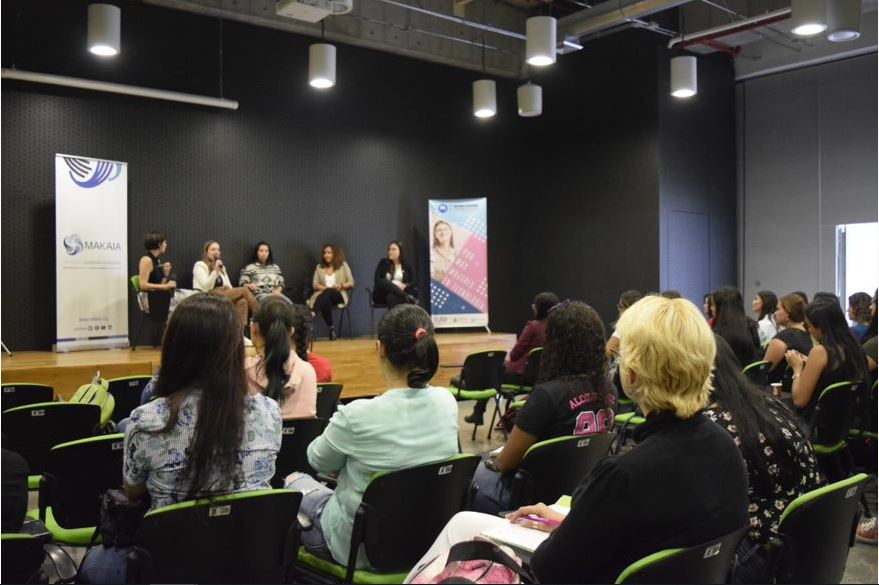
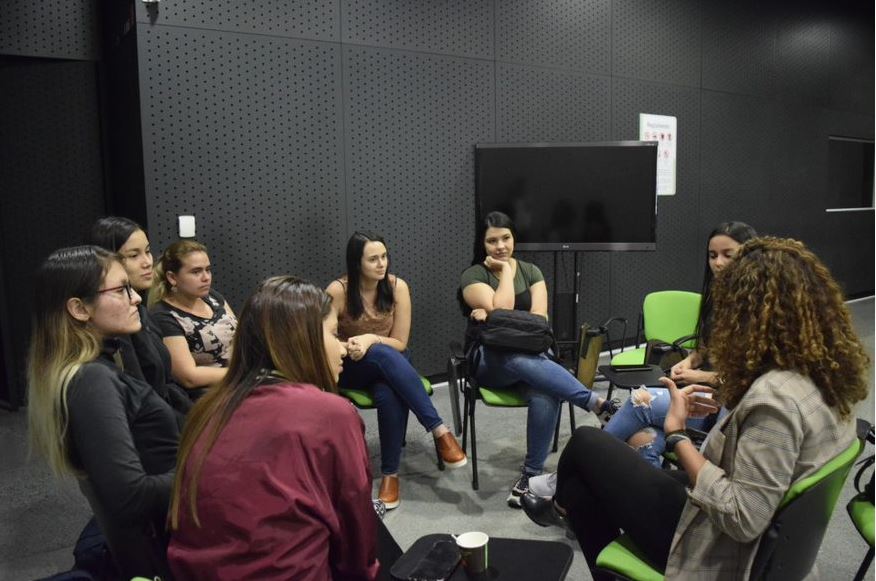
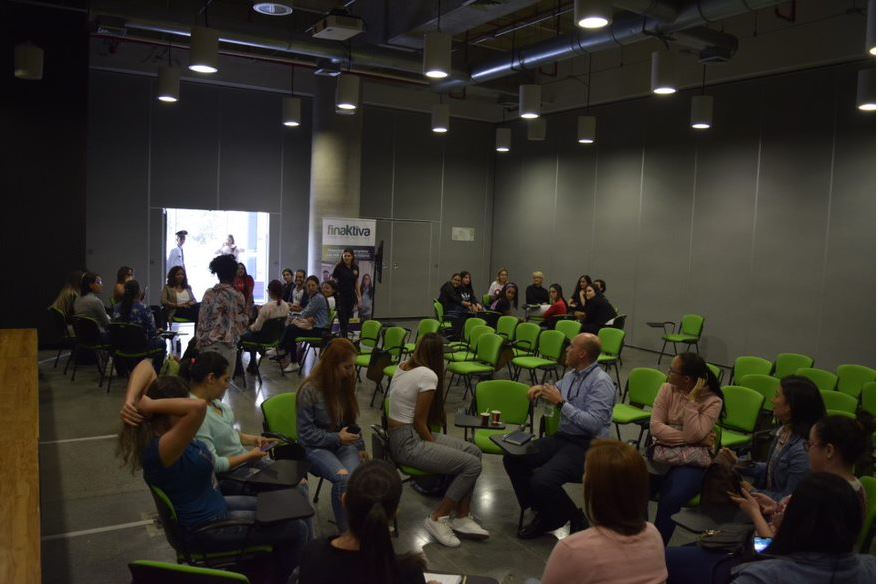
The participation of women in all sectors is essential to establish fairer and more stable societies. Encouraging them to explore areas in which their participation has been less and less visible, and supporting them in their personal and professional development is one of MAKAIA’s bets, which is why we continue to work to expand opportunities so that more women find opportunities in STEM areas to apply your talent and improve your quality of life.


